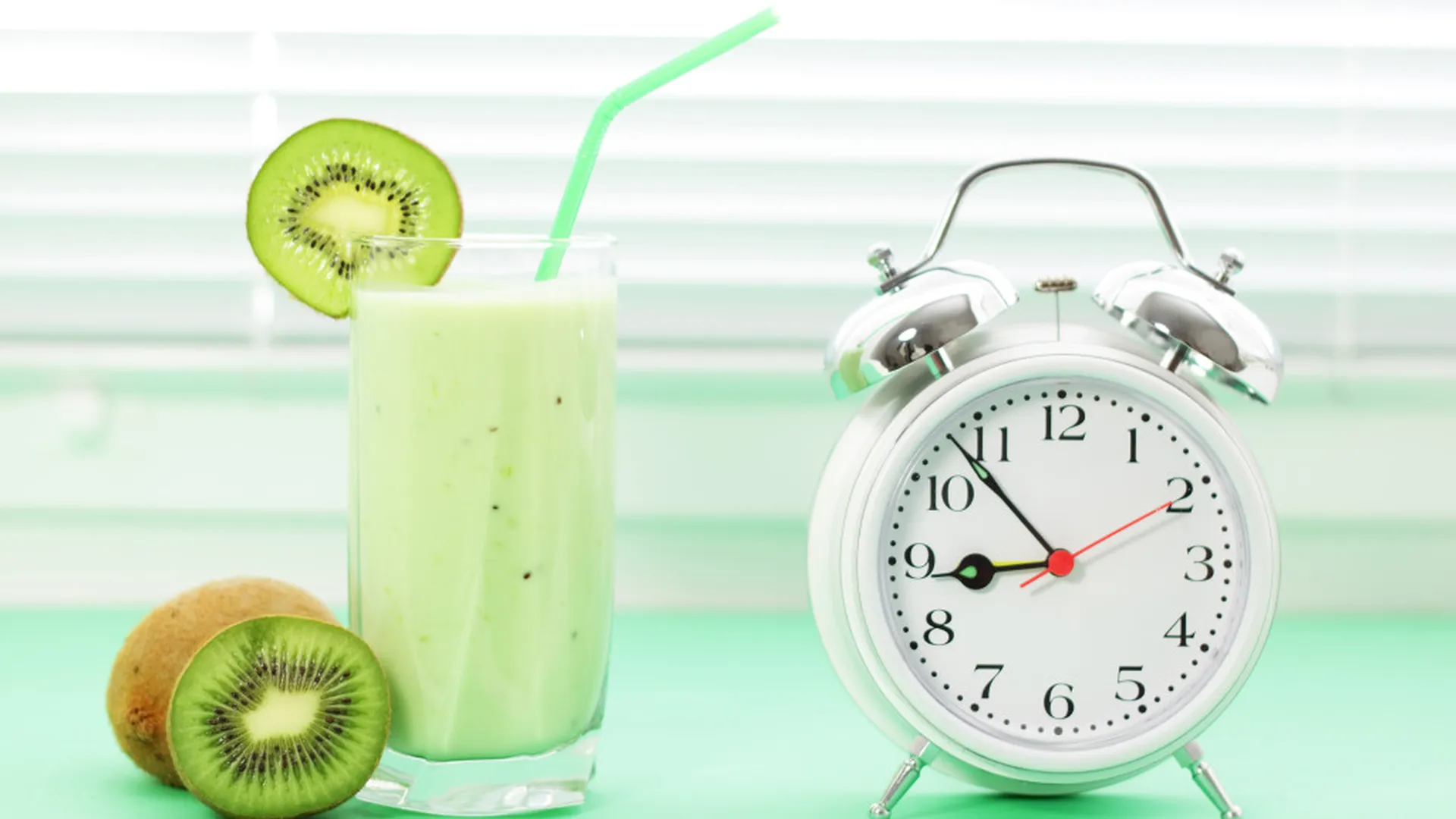As a nutritional medicine student (and former shift worker of 20 + years), I’m always on the look out for ways to nourish the sleep-deprived body of someone who happens to be working 24/7.
Unfortunately when it comes to finding ways to improve our sleep, many of us head down the track of taking sedatives – purely out of desperation, which may include benzo-diazepines, antihistamines, alcohol or even the hormone melatonin. However studies have shown over time, these often become addictive along with having many side-effects.
Food, on the other hand, is just that – food.
Nourishment for the body, without all the nasty side effects.
As Hippocrates, the Father of Medicine, said so famously all those years ago – “Let food be thy medicine, and medicine be thy food”.
Which is why today’s post is all about one food in particular that’s actually going to help enhance your sleep – the kiwifruit.
Kiwifruits have been used to treat diseases, particularly in the digestive tract, as far back as 700 BC, but recent studies have shown they can also help with sleep disorders such as insomnia.
Music to the ears for anyone working 24/7.
In a clinical trial involving twenty-four subjects between the ages of 20 and 55 years, who were asked to consume 2 medium-size kiwifruit 1 hour before bed every night for 4 weeks, results showed improved sleep onset, duration, and efficiency.
And they did this by the following mechanisms of action:
- Reducing oxidative stress – patients who have problems sleeping (such as those suffering with insomnia or experience circadian rhythm dysregulation as a result of working shift work), tend to exhibit increased levels of oxidative stress. In order to counteract oxidative stress, the body requires antioxidants to help repair the damage and kiwifruits are abundant in the antioxidants vitamin C, E, flavonoids, anthocyanins, and carotenoids.
- Improving the REM phase of sleep – low levels of serotonin can lead to insomnia as it is an end product of L-trypthophan metabolism, which is linked to the rapid eye movement (REM) phase of sleep. Kiwifruits contain approximately twice the concentration of serotonin as tomatoes so are a great food-as-medicine tool to help reduce insomnia.
- High in folate – folate deficiency is common in patients who are experiencing insomnia, and although folates may be abundant in the diet, this water-soluble B vitamin is readily destroyed by cooking or processing. As kiwifruit is consumed raw, it has a much higher bioavailability and likelihood of improving sleep quality.
So whilst this particular study was quite small, if you’re going through a phase where you’re struggling with ongoing sleep deprivation, then you may want to try consuming 2 kiwifruit, 1 hour before bedtime and see how you go. You could even whip yourself up a kiwifruit smoothie made on almond milk, which also contains the amino acid tryptophan, a precursor to the neurotransmitters serotonin and melatonin.
It certainly beats taking a handful of tablets which may become addictive, or worse still, end up giving you some nasty side effects later down the track!
Happy snoozing!
Audra x
Reference: Lin, H, Tsai, P, Fang, S & Liu, J 2011, ‘Effect of kiwifruit consumption on sleep quality in adults with sleep problems’, Asia Pacific Journal of Clinical Nutrition, vol. 20, no. 2, pp. 169-74.



0 Comments